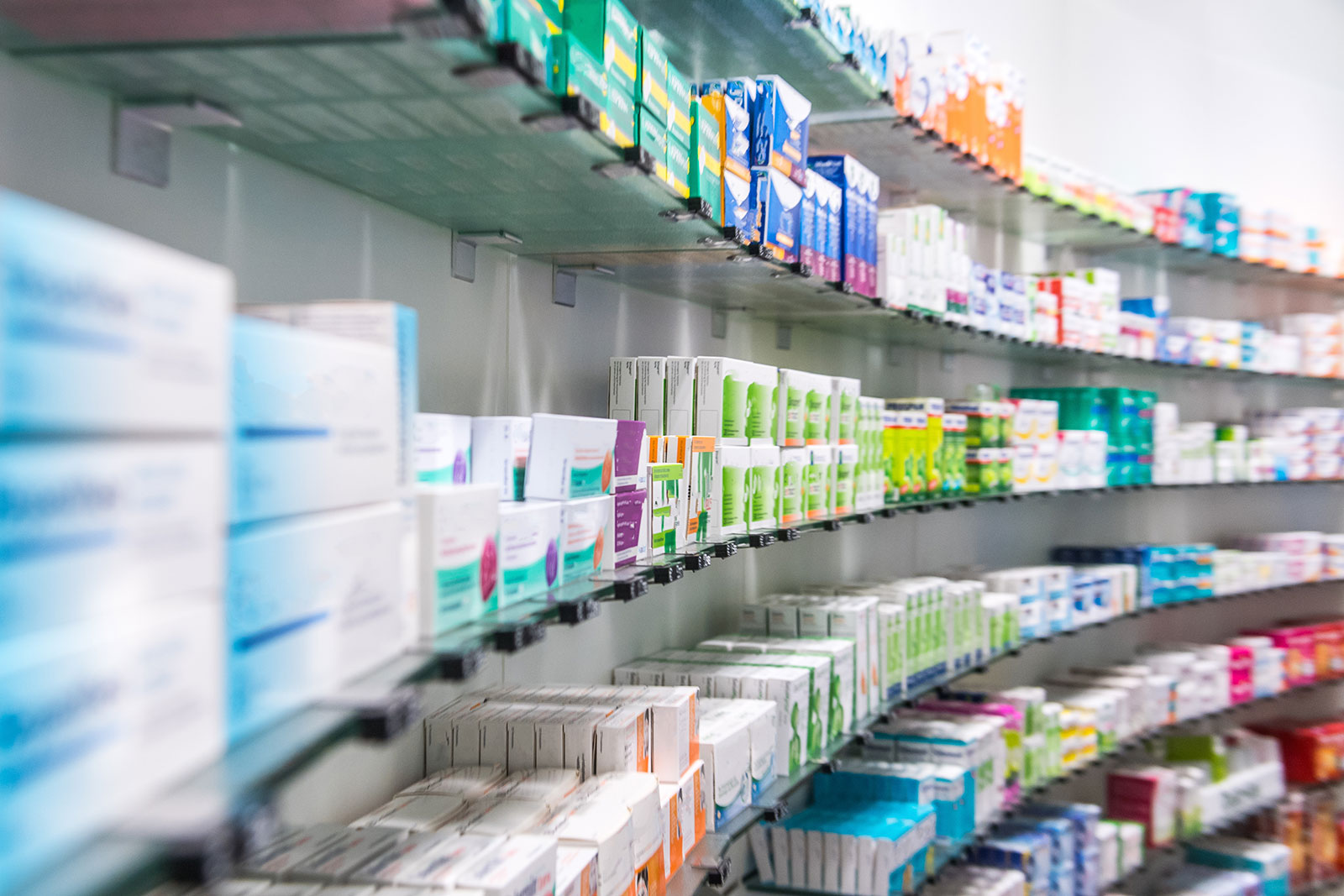Promotional material review
Promotional material review
Advertising of medicinal products is defined at a European level in the European pharmaceutical legislation. The legal basis is provided in Title VIII (Articles 86 to 100) of Directive 2001/83/EC as amended by Directive 2004/27/EC:
As per Article 86, ‘advertising of medicinal products’ shall include any form of door-to-door information, canvassing activity or inducement designed to promote the prescription, supply, sale or consumption of medicinal products.
It shall include in particular:
- the advertising of medicinal products to the general public,
- advertising of medicinal products to persons qualified to prescribe or supply them,
- visits by medical sales representatives to persons qualified to prescribe medicinal products,
- the supply of samples,
- the provision of inducements to prescribe or supply medicinal products by the gift, offer or promise of any benefit or bonus, whether in money or in kind, except when their intrinsic value is minimal,
- sponsorship of promotional meetings attended by persons qualified to prescribe or supply medicinal products,
- sponsorship of scientific congresses attended by persons qualified to prescribe or supply medicinal products and, in particular, payment of their travelling and accommodation expenses in connection therewith.
The following are not covered by this definition:
- the labelling and the package leaflets,
- correspondence, possibly accompanied by material of a non-promotional nature, needed to answer a specific question about a particular medicinal product (medical information),
- factual, informative announcements and reference material relating, for example, to pack changes, adverse-reaction warnings as part of general drug precautions, trade catalogues and price lists, provided they include no product claims,
- information relating to human health or diseases, provided that there is no reference, even indirect, to medicinal products.
The provisions are given in Article 87:
- Member States shall prohibit any advertising of a medicinal product in respect of which a marketing authorisation has not been granted in accordance with Community law.
- All parts of the advertising of a medicinal product must comply with the particulars listed in the summary of product characteristics.
- The advertising of a medicinal product:
- shall encourage the rational use of the medicinal product, by presenting it objectively and without exaggerating its properties,
- shall not be misleading.
Different types of advertising:
- Advertising to the general public:
- Advertising to the general public is prohibited for medicinal products available on medical prescription only, or for medicinal products containing substances defined as psychotropic or narcotic. Provisions on the content of advertising are given in Article 89 and 90.
- Advertising to healthcare professionals:
- Provisions on the content of advertising are given in Article 91 and 92.
- Provisions on the content of advertising are given in Article 91 and 92.
Control
The actual control of the promotion of medicinal products operates at a national level. Many EU Member States apply a dual system of national legislation and self regulatory controls. In some countries like France, a pre-approval by the Authorities (ANSM) is required prior to the use of promotional materials.
The European Federation of Pharmaceutical Industries Association (EFPIA) (http://www.efpia.eu/) has adopted the EFPIA Code of Practice (2019), covering the promotion of prescription only medicines to health care professionals and interactions with health care professionals and with health care/ patient organisations. This sets out the minimum standards which should be applied. Individual members must adopt the European Code or ensure their own national codes reflect the standards of the European Code.

Any Questions?
Do you have any questions? We are here to help you!
Let us know how we can lighten your way to your regulatory success!
